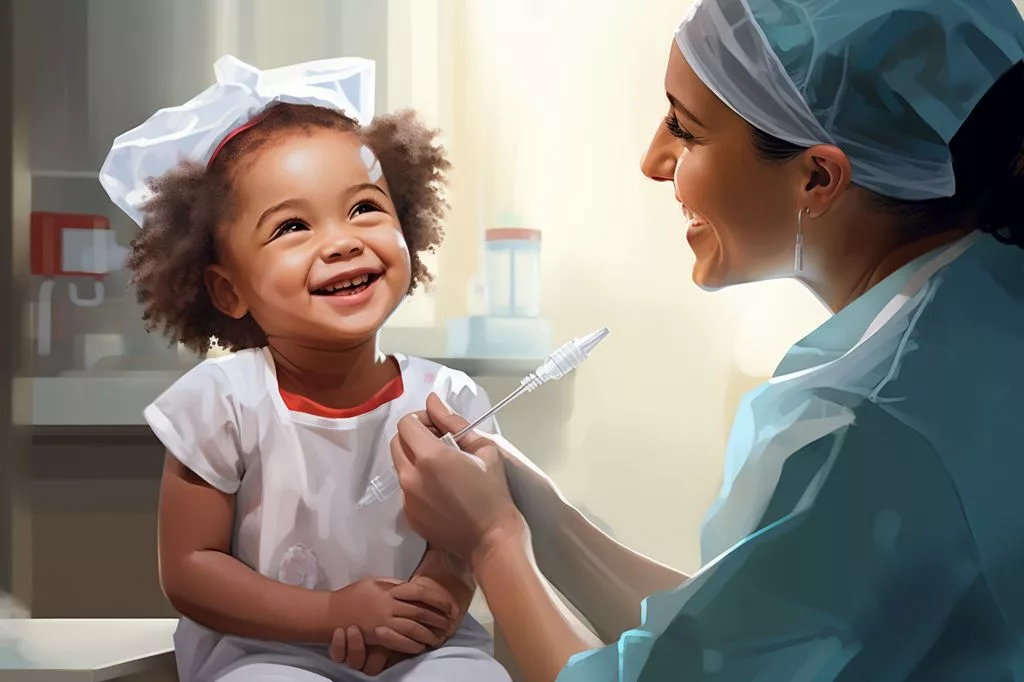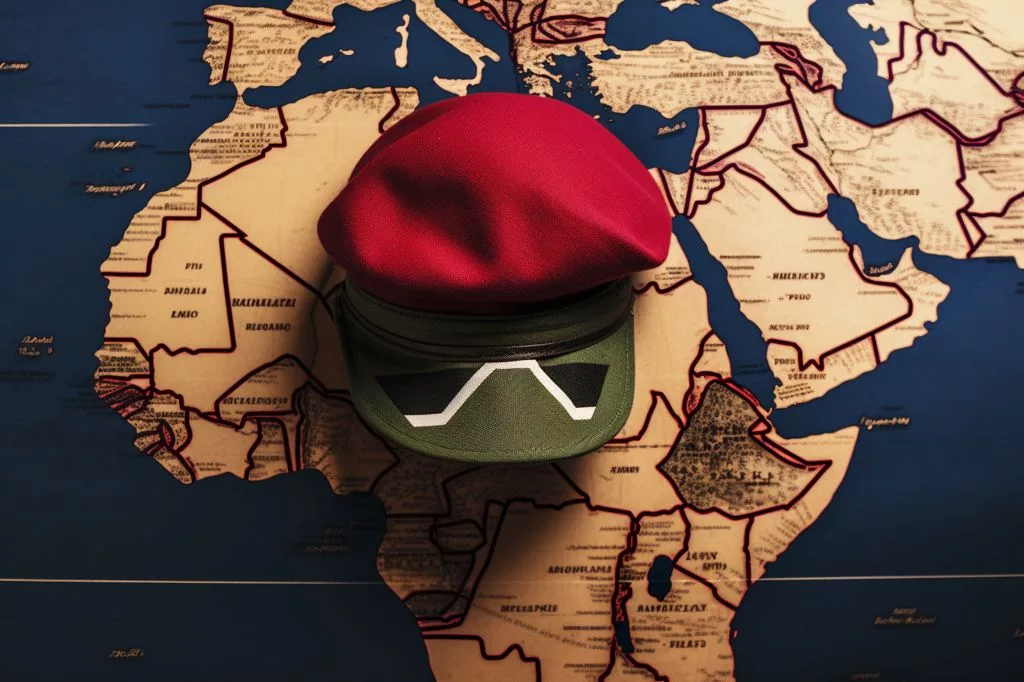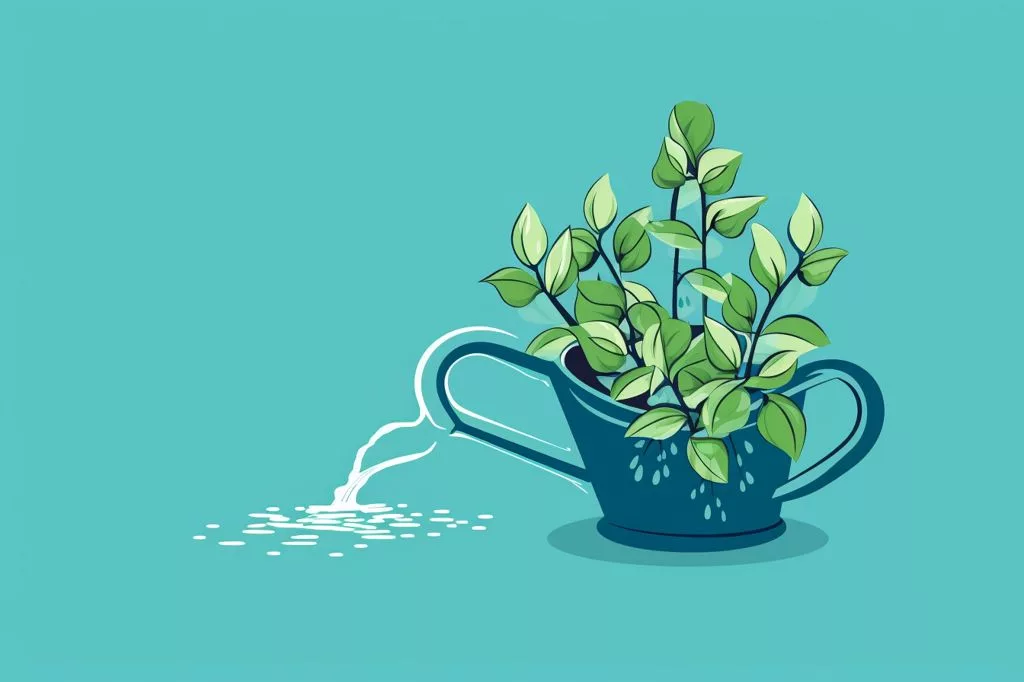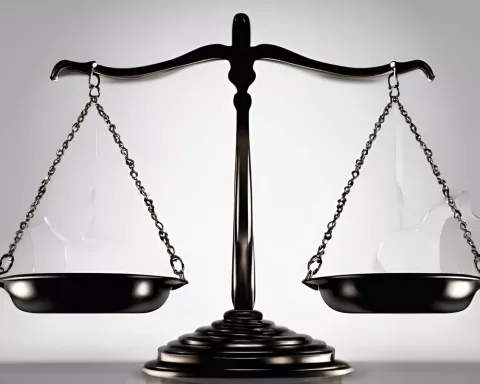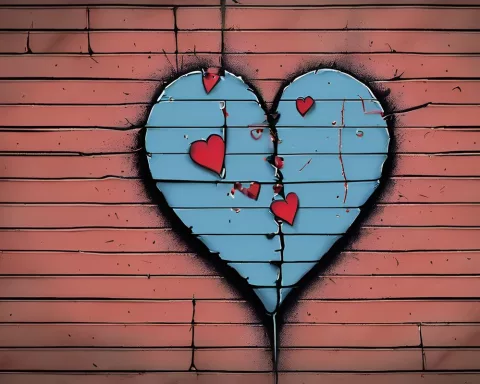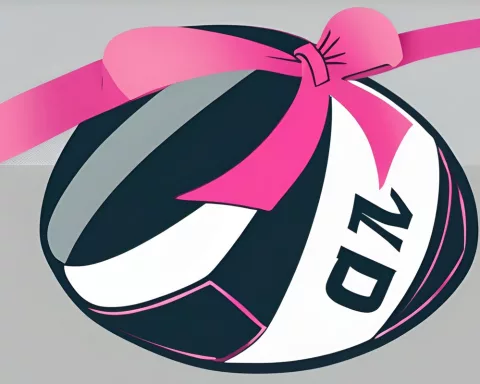World Polio Day is celebrated annually on October 24th to honor the fight against polio and recognize the importance of vaccines in protecting children. Polio mainly affects children under five years old, attacking the nervous system and leading to paralysis. While South Africa was declared polio-free in 2006, the possibility of imported cases remains, making it essential for parents and caregivers to ensure their children’s immunization schedules are up-to-date. Free polio vaccinations are available at public health facilities. The global fight against polio requires cooperative efforts from governments, healthcare providers, and individuals to reach a polio-free future.
What is World Polio Day and why is it important?
World Polio Day is celebrated on October 24th every year to honor the struggle against polio and recognize the importance of vaccination in protecting children from this life-threatening disease. Polio, which mainly affects children under five years old, attacks the nervous system and can result in complete paralysis within hours. While South Africa was declared polio-free in 2006, the possibility of imported cases remains, making it crucial for parents and caregivers to ensure their children’s immunization schedules are up-to-date. Vaccinations are available free of charge at all public health facilities.
Solidarity in the Battle Against Polio: A Worldwide Endeavor on October 24th
Every year on World Polio Day, celebrated on October 24th, South Africa stands with the international community to honor the struggle against polio and salute the unwavering commitment of healthcare workers across the globe in eliminating this crippling disease. South Africa recognizes the significance of vaccination in shielding children from vaccine-preventable diseases such as polio, and encourages parents and caregivers to ensure their children’s immunization schedules are current.
Polio, an extremely contagious disease that mainly targets children under five years old, attacks the nervous system and can result in complete paralysis within hours. Early symptoms include fever, fatigue, headache, vomiting, neck stiffness, and pain in the limbs. Although there is no cure for polio, prevention via vaccination is crucial in defending children from this life-threatening condition.
In 2006, South Africa was declared polio-free by the African Regional Certification Commission (ARCC). Nevertheless, the possibility of imported polio cases remains, due to the continuous flow of migrants and cross-border movements. The last reported case of wild type poliovirus in South Africa occurred in 1989, which highlights the significance of parental involvement in making sure all children obtain the necessary vaccinations.
The World Health Organization (WHO) cautions that any imported case of polio should be treated as a serious concern, requiring high-quality response efforts to vaccinate every child against the virus. These efforts are essential in curbing the spread of the virus and maintaining a polio-free status.
Accessible Polio Prevention: Vaccination Availability in South Africa
South Africa provides polio vaccinations free of charge at all public health facilities. Children should receive two doses of the oral polio vaccine – one at birth and another at six weeks of age. In addition, hexavalent vaccines given at six, ten, and fourteen weeks, as well as 18 months of age, offer children further protection against polio. Caregivers must ensure children receive all of these doses, which can also be administered as catch-up doses if needed.
World Polio Day serves as a potent reminder of the advancements made in the global battle against polio and the critical role of immunization in protecting children’s health. Despite challenges arising from cross-border movements and migration, South Africa remains committed to preserving its polio-free status and supporting international efforts to eradicate this debilitating disease. By making sure that children are up-to-date with their immunization schedules, parents and caregivers contribute significantly to the worldwide objective of a polio-free existence.
The Ongoing Fight: A United Front Against Polio
Throughout history, the world has confronted numerous health threats, but the resilience and ingenuity of the global community have often triumphed. The worldwide campaign to eradicate polio embodies this spirit, as countries unite to vanquish a shared adversary. As we observe World Polio Day, let us express gratitude for the tireless efforts of healthcare workers and the importance of immunization while remaining alert and proactive in combating polio.
The path towards a polio-free future is undeniably challenging, but with the cooperative endeavors of governments, healthcare providers, and individuals, a world without polio is achievable. As South Africa and the rest of the world recognize World Polio Day, we must remember that each of us has a part to play in the battle against polio. By joining forces, we can conquer this crippling disease, safeguard the health and well-being of our children, and draw closer to a brighter, polio-free future for everyone.
1. What is World Polio Day and why is it important?
World Polio Day is celebrated annually on October 24th to honor the fight against polio and recognize the importance of vaccines in protecting children from this disease.
2. Who is at risk of contracting polio?
Polio mainly affects children under five years old, attacking the nervous system and leading to paralysis.
3. How can parents and caregivers ensure their children are protected against polio?
Parents and caregivers must ensure their children’s immunization schedules are up-to-date. Free polio vaccinations are available at public health facilities.
4. Is South Africa still at risk of polio outbreaks?
Although South Africa was declared polio-free in 2006, the possibility of imported cases remains due to the continuous flow of migrants and cross-border movements.
5. What are the symptoms of polio?
Early symptoms of polio include fever, fatigue, headache, vomiting, neck stiffness, and pain in the limbs. In severe cases, it can lead to complete paralysis within hours.
6. How can children be protected against polio?
Children should receive two doses of the oral polio vaccine – one at birth and another at six weeks of age. In addition, hexavalent vaccines given at six, ten, and fourteen weeks, as well as 18 months of age, offer further protection against polio.
7. How can individuals contribute to the worldwide objective of a polio-free existence?
Individuals can contribute to the worldwide objective of a polio-free existence by making sure that children are up-to-date with their immunization schedules and remaining alert and proactive in combating polio.
8. What is the significance of the global campaign to eradicate polio?
The worldwide campaign to eradicate polio embodies the resilience and ingenuity of the global community in triumphing over shared health threats. With the cooperative efforts of governments, healthcare providers, and individuals, a world without polio is achievable.

